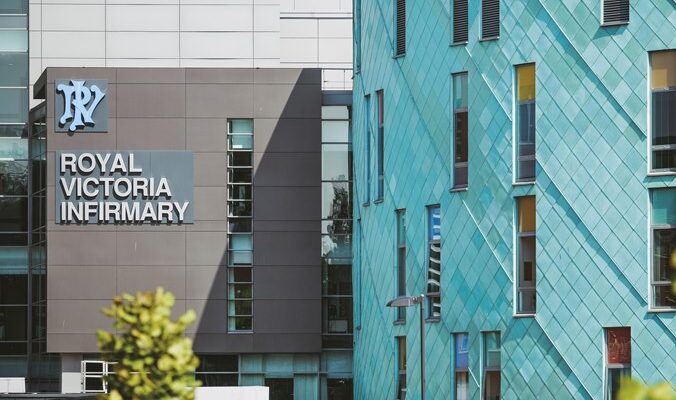On Monday 20 May, the Infected Blood Inquiry published its final report which set out a catalogue of failures in relation to blood and blood products, which led to untold suffering and the loss of many lives.
The Prime Minister has subsequently issued an apology on behalf of successive Governments and the entire British state and Amanda Pritchard, Chief Executive of NHS England has issued a public apology, on behalf of the NHS in England, now and over previous decades.
Newcastle Hospitals provided evidence to the inquiry and is included in the report. We will work with NHS England to consider and respond to the recommendations of the Inquiry and will report those actions through to our next board meeting.
If you need support
If you are a current patient, please contact your regular clinical team who will be able to offer individual support.
If you are not a current patient, but would like to speak to someone, please contact our patient relations team on 0191 223 1382.
The following national resources are also available:
If you are concerned about a possible hepatitis C infection, you can book a home NHS test online. The tests are free and confidential. To receive a self-testing kit which can be quickly dispatched to your home visit hepctest.nhs.uk.
Hepatitis B is also linked to infected blood, this usually clears up on its own without treatment, but could develop into chronic hepatitis B. Patients can find out more information here.
HIV testing is also provided to anyone free of charge on the NHS. Home testing and home sampling kits are also available. You can find out more about HIV testing and the HIV testing services search tool on the NHS website.
Since September 1991, all blood donated in the UK is screened using very rigorous safety standards and testing to protect both donors and patients. Since screening was introduced, the risk of getting an infection from a blood transfusion or blood products is very low. There have been no reported and confirmed cases of hepatitis C, from any UK blood component, since a 1997 transfusion and for HIV from a transfusion in 2002.
Patients who want more details about the safety of blood from donations in England can find more information here.
